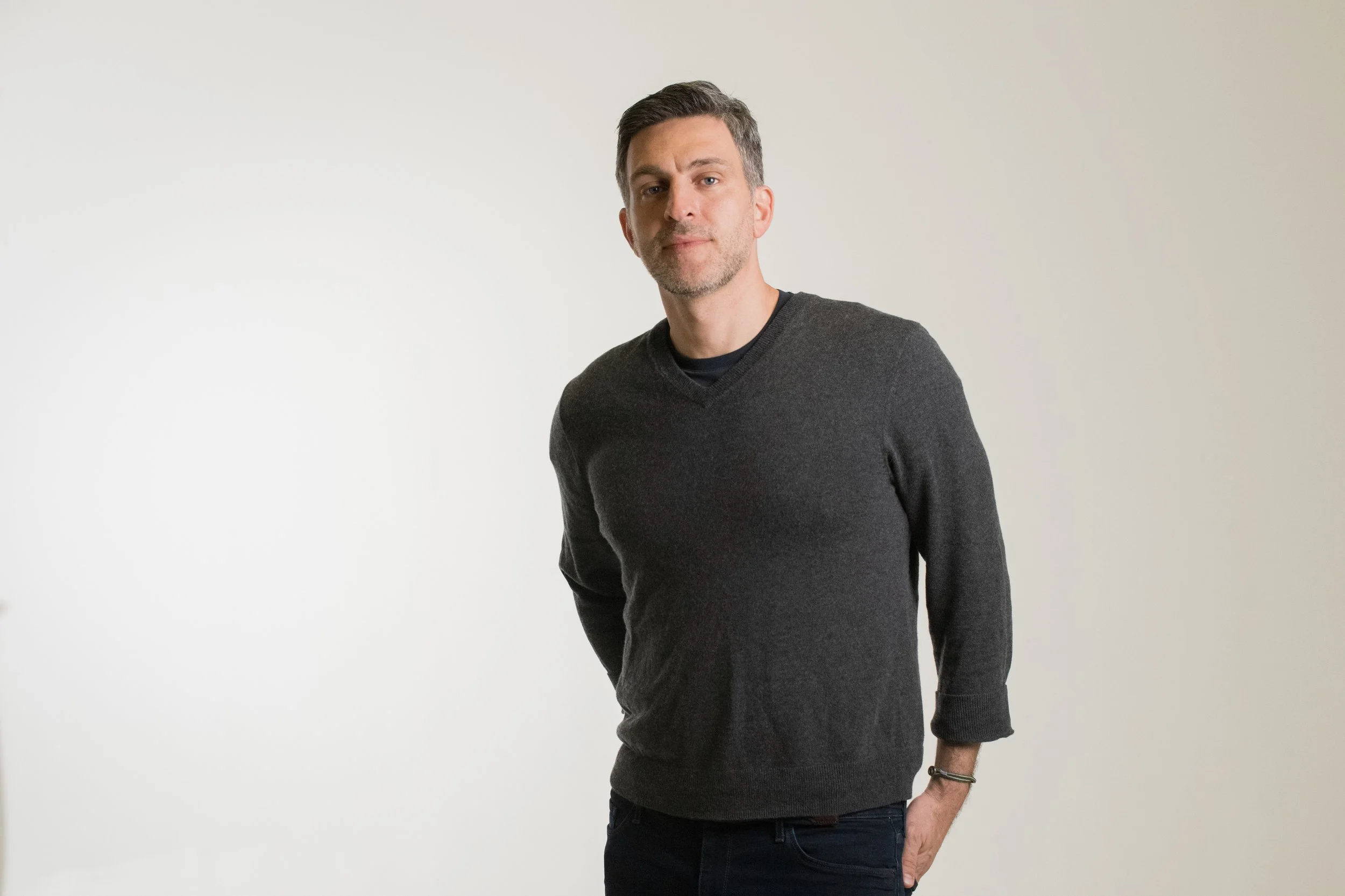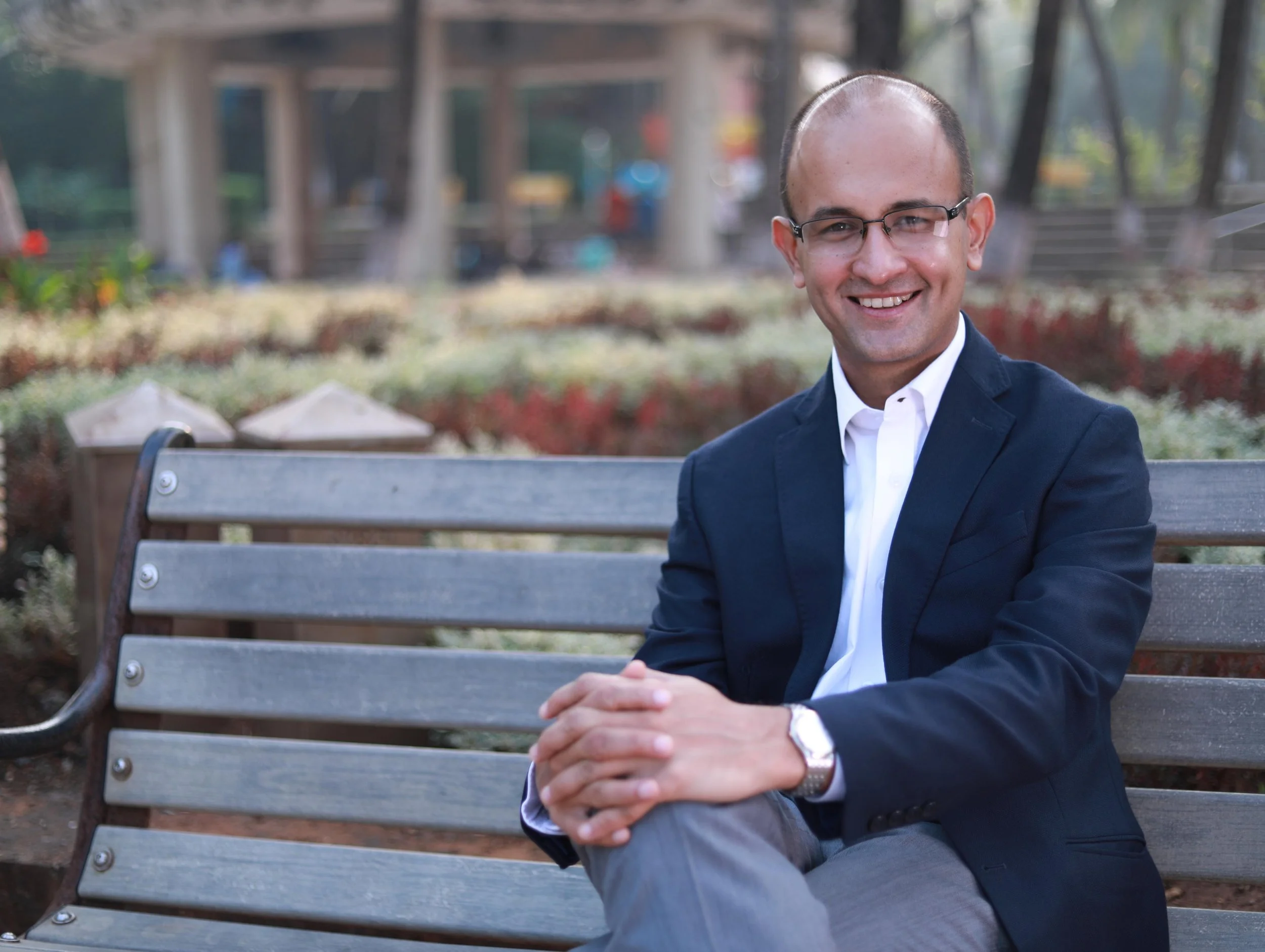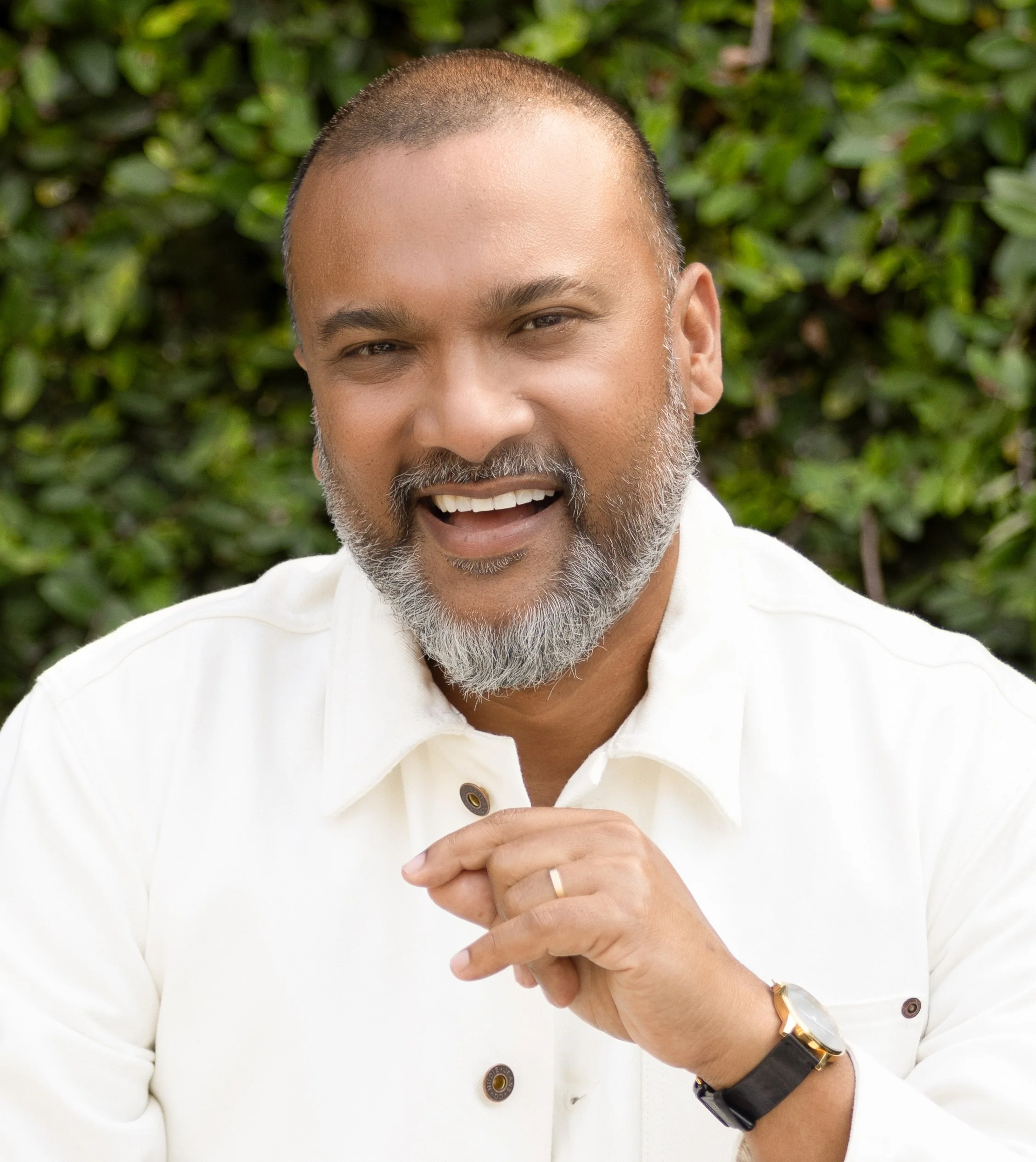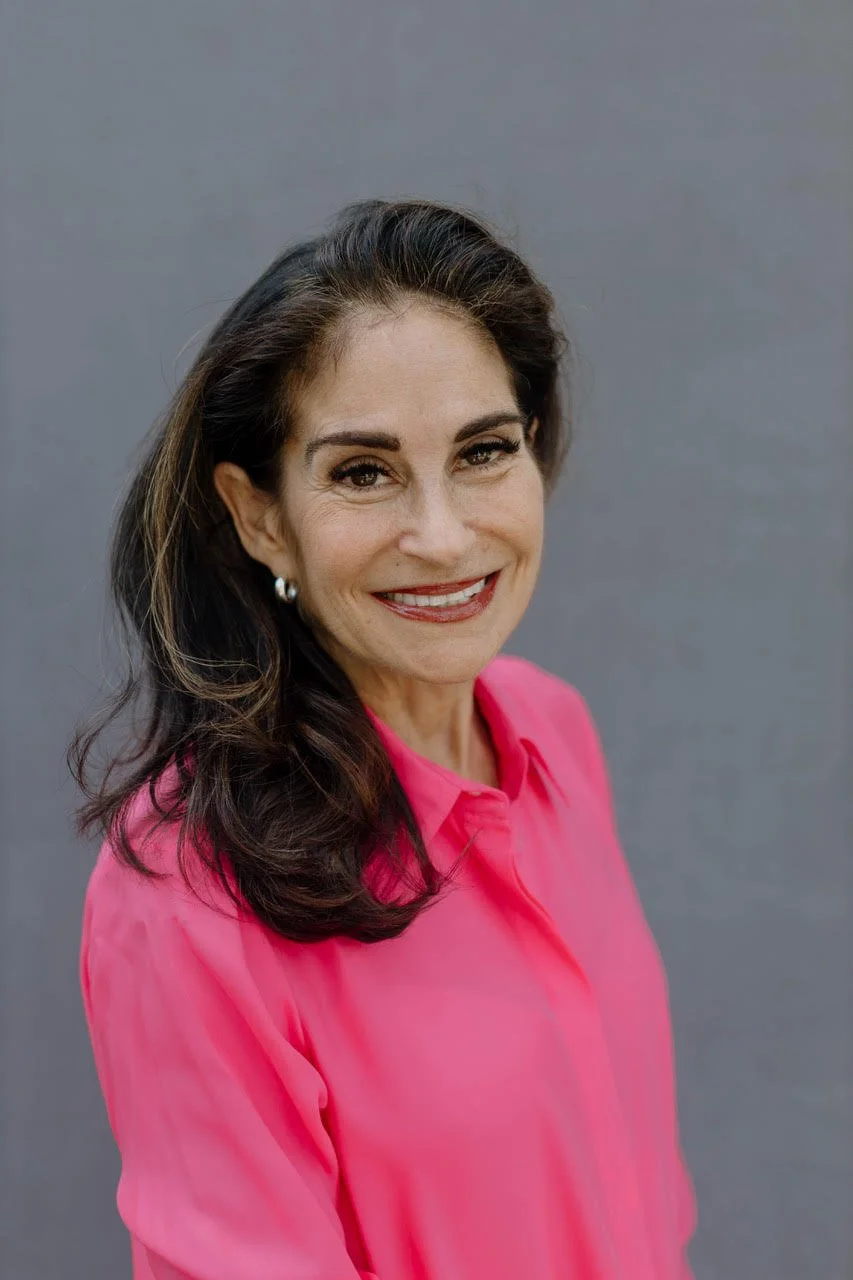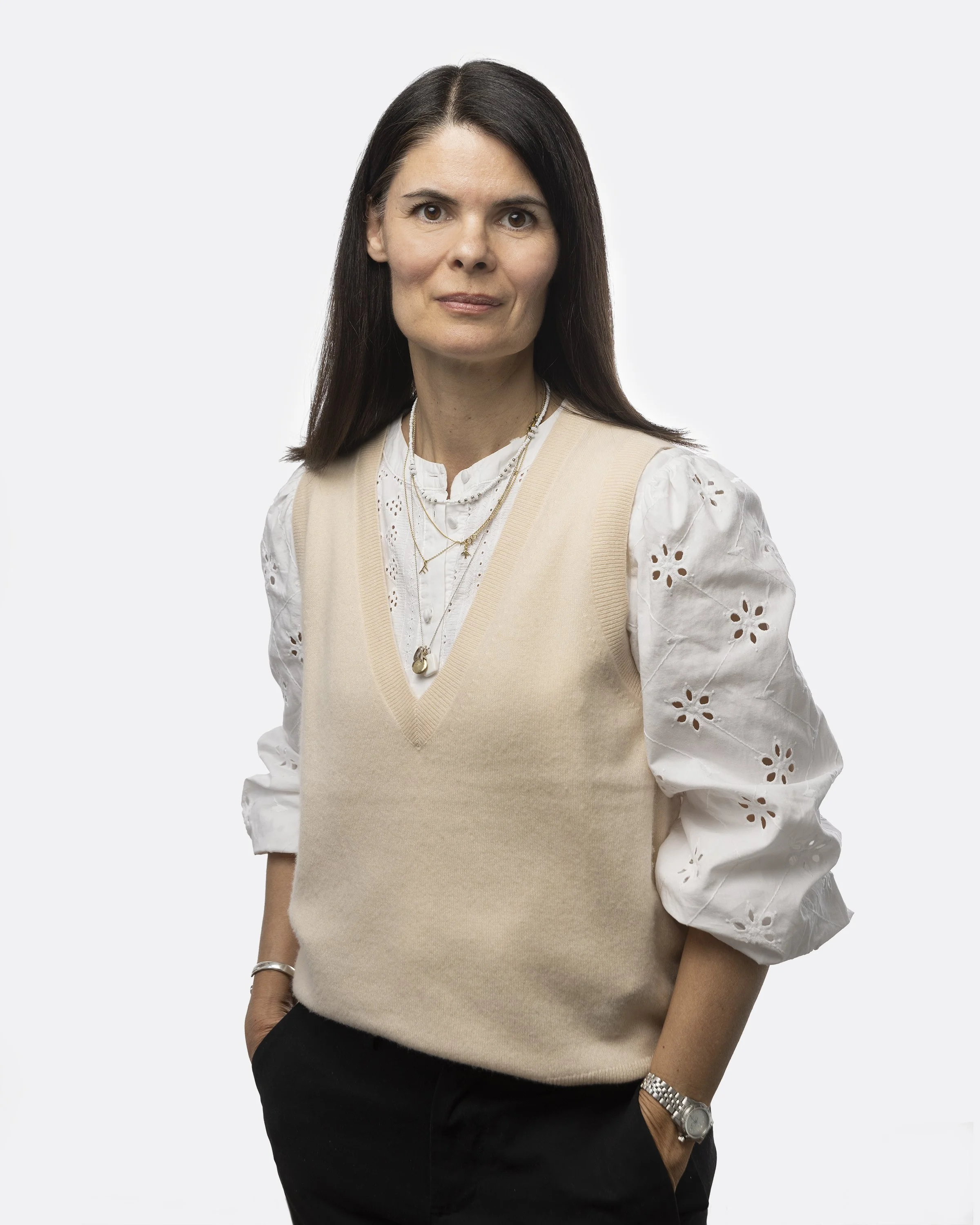Insights
Conversations on (and about) purpose
In this ongoing series we speak with industry leaders about Purpose with a capital P and the evolution of business as a force for positive change.
Alex Heath
It’s difficult—in the agency world or otherwise—to find a career journey more explicitly focused from the outset on doing ‘good’ than that of Alex Heath, who recently left his role as Managing Director and Head of Social Impact + Sustainability at Edelman in New York City.
It’s also pretty tough to find one more interesting.
From a senior thesis in Pennsylvania on “The Effect of Media Coverage on Financial Markets During the US Civil War” to an MSC in London on “Public-Private Partnerships in water service delivery in Cochabamba, Bolivia”, Alex went on to work for a Nicaraguan nonprofit supporting orphans and street children, served as a program director for Urban Dove in New York City helping under-served youth, and then on to the Peace Corp in Thailand, where he stuck around to help MTV highlight injustice across SE Asia before returning to his hometown of Manhattan and starting with Edelman.
As both 2025 and his stint at Edelman came to an end, Alex sat down with me and talk about the evolution of ‘business for good’ from the perspective of someone who’s been in the room for so much of it (and where it’s come off the rails), the magic when a brand gets ‘good’ right, Jordan or Lebron, and the future of a movement in an undoubtedly challenging time.
Deepak Jayaraman
Coach. Consultant. Author. Father. Podstar.
Deepak Jayaraman's mission is to help individuals with a growth mindset play to their full potential.
If that sounds like business speak for the modern age, it’s because it is.
Deepak is a certified CEO coach, a published author, and a podcaster with more than a million views for good reason—he harnesses the insight and precision with which he was trained (IIT Madras, IIM Ahmedabad and London Business School) and with which he practiced (McKinsey, EgonZender).
But Deepak’s personal journey has altered his approach from what you might expect. His work as a coach and a sounding board with leaders is a multi-year journey of immersion in the full context of their lives - professional and personal.
Deepak sat down with me on opposite sides of Bombay to talk about his reasoning, his philosophy, and his approach to life, and I believe every word.
Afdhel Aziz
On the day after Christmas in 2004, Afdhel Aziz was in his native Sri Lanka when a powerful earthquake deep in the Indian Ocean triggered a devastating tsunami. The deadly wave crashed hard onto the island, resulting in more than 30,000 confirmed deaths.
At the time, Aziz was a rising star in the marketing world, supporting some of the world’s biggest brands—Heineken, Nokia, Absolut Vodka. The tragedy spurred Aziz to action, immediately on the island to help gather relief supplies, and much deeper and longer in his soul, as he embarked on a decade-long journey to find his why.
In the last decade, that why—‘to inspire Purpose in people, organizations, and the world’—has come fully into focus. In conjunction with his partner Bobby Jones, he’s established Conspiracy of Love to help organizations find their purpose and authored a series of books anchored on the powerful aspiration that Good is the New Cool.
I sat down with Af last week to talk about purpose in the current age and the joy and challenge in helping organizations evolve into deeper consciousness. As the idea of capital P purpose evolves in a post-covid world, he shared insights from the frontlines and the very comforting thought that your personal purpose, as difficult as it may be to find and define, can continue to shift and change—a spiritual salve in a moment of intense irritation.
Very much worth a listen to his well-earned wisdom, and thank you again Af for your time, your compassion, and your continued work in an area ever more crucial.
Susan McPherson
It’s increasingly easy to turn away from current American zeitgeist in disgust and sadness. Education, public broadcasting, healthcare, diversity, Harriet Tubman—all these things we thought foundational to the country’s fabric shunted aside in callous, fabricated revision.
What joy, then, to reconnect with the queen of connection and engine of optimism that is Susan McPherson.
For those of you who know her—and, quite frankly, that’s everyone—Susan is an endless light of curiosity and support. Founder, author, leader, instigator—after decades in and around media and PR, Susan ‘accidentally’ hung out her own shingle while looking for a job, and 12 years later leads a company of 15 to whom she’s fiercely dedicated.
“Companies are made up of people and people are made up of values so companies are made up of values,” she says, echoing Tim Cook.
We sat down on the podcast to talk about her work, the power of a good mantra, and her fabulous book “The Lost Art of Connecting,” and her approach to building relationships (here’s a hint: lead with how you to be helpful to others).
Freya Williams
“Was a concern with sustainability always paramount in your work and your life, or was there a moment when things shifted?”
Freya Williams—author, activist, mother, consultant—has a storied professional career, from WPP to Ogilvy Earth, Edelman to Futerra. When I asked her the above, she didn’t hesitate.
“It was 2006 and I was in upstate New York and I had my brand new child on my hip and I was in a grocery store and couldn’t find recycled toilet paper, and I realized in that moment that we had to do more to take care of the planet for the next generation.”
After a degree from the University of Nottingham in the UK and a long sojourn in and out of the agency world, as well as publishing the well-received “Green Giants,” Freya Williams has authored a remarkable career (so far) in helping big corporates and non-profits alike put purpose and sustainability front and center in a way that drives progress and profits.
A researcher at heart, she is precise with her insights, her framing, and her phrasing, and continues to show how language and approach can help shift minds and enable fractious parties to come to the table to find common ground.
We sat down to talk about the importance of language, optimism (“The best antidote to anxiety is action”), and the common occurrence of parenthood shifting the sensibilities of the C-suite.
Manuela Zoninsein
When the core tenets of sustainability finally came into vogue, companies, marketers, and executives pivoted en masse, mashing together ‘generosity’, ‘gratitude’, and ‘green’, rebranding themselves in the zeitgeist of the day.
Doing good, thinking long-term, protecting the environment—in the light of current day, it’s easy to see who meant it and who was simply following the trade winds.
Manuela Zoninsein, on the other hand, wrote ‘please use other side’ on the bottom edge of the notebook paper she used to pass notes to classmates in the second grade.
Her dedication to ‘other’ makes sense in her family history—her father a leader of the Brazilian communist movement, part of Allende’s socialist movement in Chile before the CIA-backed Pinochet Coup, a Marxist at NYC’s New School; her mother a feminist anthropologist, a freedom rider, an activist to this day.
From Harvard, Oxford, and MIT, across a journey that’s included the commodities trading floor in Chicago, the ‘wilds’ of pre-social media China, to Kadeya where she’s removing single-use plastics from the work place, Manuela’s burning curiosity, dedication to serving others, and remarkable capability to blend observation, opportunity and pragmatism wholeheartedly are completely her own.
We sat down to talk about life, family, philosophy, purpose, dance, culture, navigating the start-up world, and which country ranks top of the list in Gross National Deliciousness. Truly a joy, thank you Manuela, and please give a listen—I promise she’s worth it.
Christie Marchese
If you know Christie Marchese—if you’ve had even one interaction—then you know the strength of her kindness, the speed of her mind, the brilliance of her pragmatism, and the decency of her intention.
Her career, illustrious already despite its relative infancy, spans Human Rights Watch, the International Rescue Committee, Norman Lear, Jeff Skoll, and starting not one but two successful companies helping cause-based films and their makers exponentially increase their reach and their impact.
The first, Picture Motion, she sold last year to Publicis and remains closely involved; the second, Kinema, is an innovative platform for storytelling, connecting film-makers to audiences and enabling audiences to convene, support, and host, both online and in person.
I sat down with Christie to talk about her inspiration, her career arc, her movie habit (“only” 5-6 a week), the nuts and bolts of how to create cause campaigns, the state of film distribution, and even if the Oscars got it right.
Peter Stedman
In the late 1800’s a boat captain bought bunches of bananas in Jamaica and sold them two weeks later in New Jersey. The United Fruit Company was born, and so was an industry with a long legacy of exploiting farmers in Latin America.
Fast forward to today and the company’s modern iteration, Chiquita, is very different. Under new ownership and facing the very real impacts of a changing climate, the company is developing new bananas from old genetics and engaging farmers and artists to build the company and the brand.
I sat down with Peter Stedman, Chiquita’s Sustainability Director, to understand his journey from coffee and tea in Africa to bananas in Latin America and the biggest differences about working in those regions (hint: poverty), as well as a little more of what’s behind the ubiquitous blue sticker and what lies ahead for the company.
Sam Sutaria
Hours before the pandemic brought a sudden and shocking close to most of the world, a group of environmental activists gathered in Amsterdam to ponder a question even more salient today: can we use visual storytelling to inspire passive viewers into active doers?
Five years later, WaterBear has established itself as the home for imperfect activists. The online platform/streaming service/publisher/campaigner has gone through the iterations expected of any nimble start-up and has recently secured another round of funding in addition to purchasing a tech platform it hopes will catapult the network from “Netflix for Sustainability” to “Facebook for Sustainability” -- a B Corp-certified impact media network using storytelling to drive systems change.
Leading the charge is Sam Sutaria, a founding member of the team and for the last three years, CEO. Sam has a degree in biology from Bristol and a Masters in Wildlife Film making, and unlike most of us his career path is largely unbroken—art, purpose, activism, the environment.
Sam joined me to talk about the beginnings of the company, the myriad challenges of iteration, how to make activism engaging enough to shift sentiment and effect systems change, and why welcoming ‘imperfect activists” is so crucially important.


